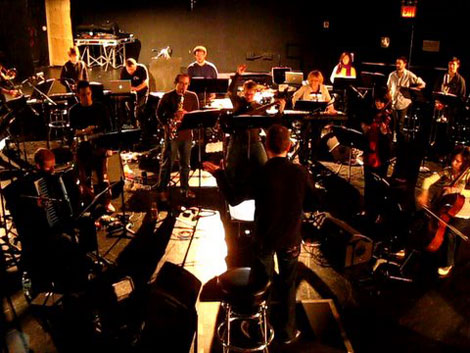Next month, I will graduate from the U of MN with a Masters degree in trumpet performance. My studies in my Masters program have been primarily in the classical trumpet field, though I did serve as the jazz theory TA for a semester, and have taken jazz comp lessons for three semesters (I have a BA in Jazz Studies). So when I say “If I were a classical musician….” I mean to say that I do not identify as a classical musician because the majority of the playing I do professionally is in a jazz setting.
So…If I were a classical musician, I would be treating my art as if I were a jazz musician. Jazz musicians are self-made performers. They grind it out searching for clubs that will have their music and pay them a little money to play it. When they’re not playing a gig, they’re likely practicing, transcribing, rehearsing or blogging about their art. They are visible, and they treat themselves sort of the same way a rock band might. You promote your music, play in clubs, and try and build a fan base. Really, jazz musicians look at themselves as independent musicians. Period. Not “jazz musicians,” just “musicians.” This at least does away with all the recent “jazz is dead” talk, and allows you to simply function as someone who makes good music. If you make good music, and you believe people will enjoy it, then who cares what it is called?
So why are classical musicians not acting this way? Continue reading
